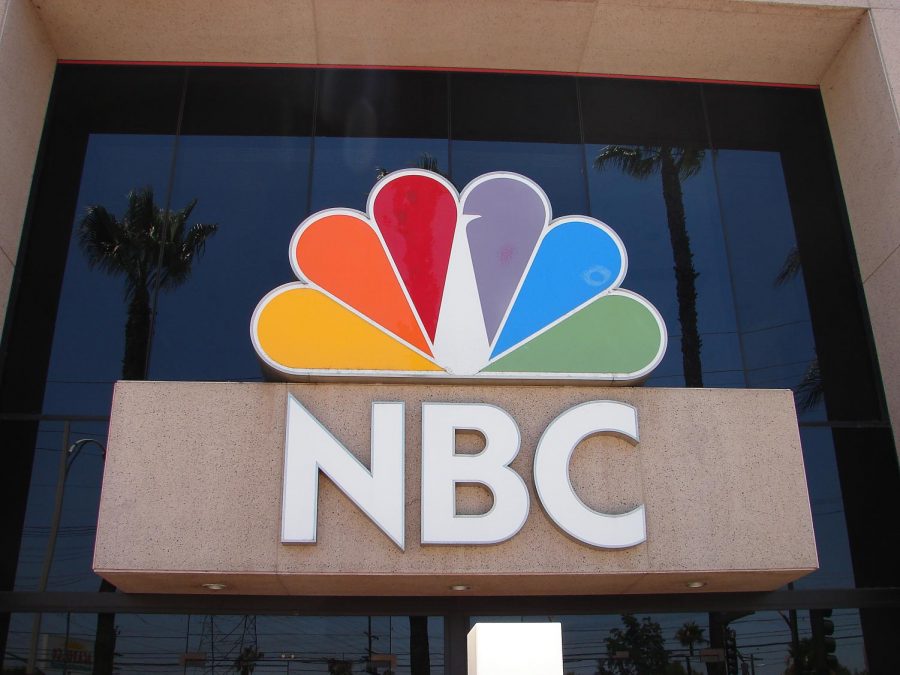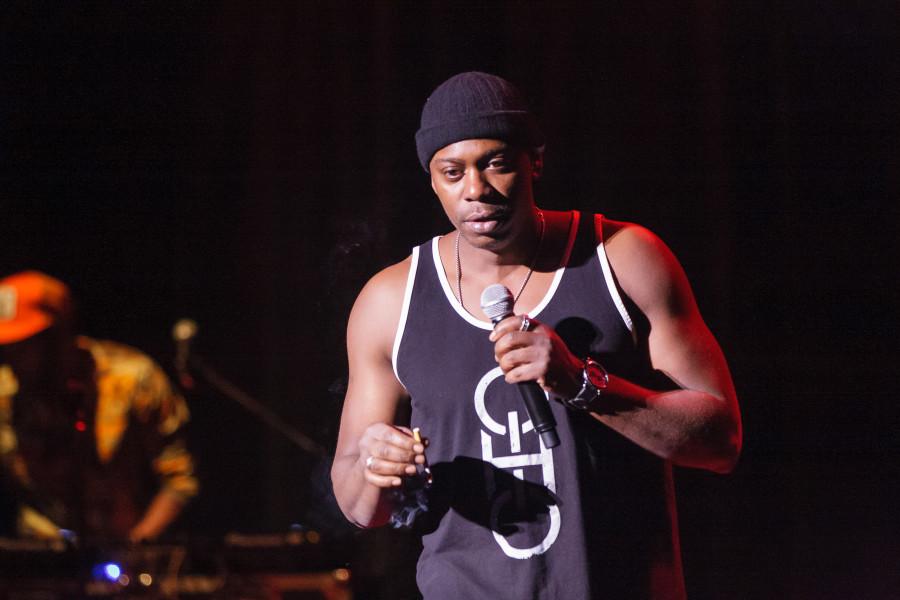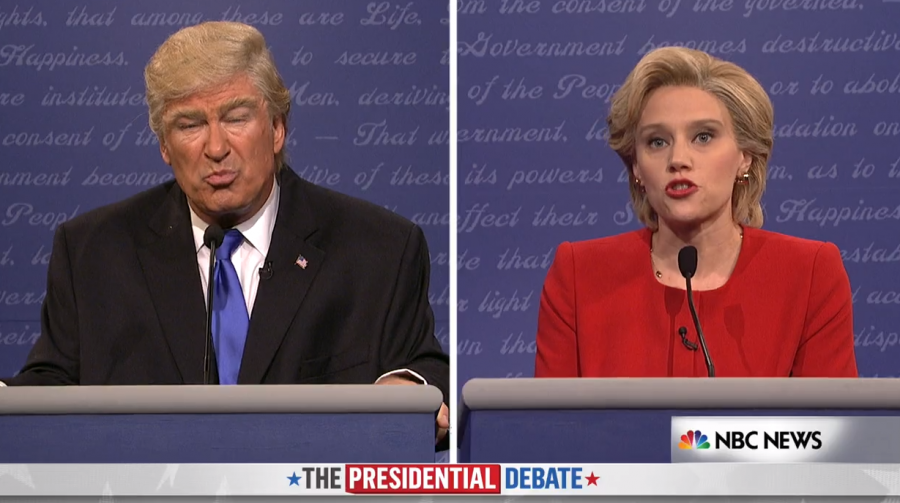Two men walked into a bar. The third one ducked.
More classic, perhaps, than ancient Greek comedic drama, is the corny one-liner. Made famous by dads and weird uncles, these one-liners are simple and easy to digest. Fun for the whole family. But most of us can only stomach so much G-rated fun.
Thankfully for us, we’re adults mature enough to appreciate that a joke is usually just that. So we flip to Comedy Central or HBO and laugh when someone uses AIDS as a punchline. But when a comic steps too far over the line determining what’s palatable and what’s poison, we redact our approval and sentence the perpetrator to pubic shaming.
Comedy is supposed to provide levity, so why all the drama?
From Andy Griffith to Matt Groening and “The Simpsons,” comedy pushes at the periphery of what’s comfortable, exposing society to things otherwise taboo or uncomfortable.
Dark humor isn’t new, but internet forum sites and social media have given all the world’s off-color comics a family, and, more importantly, an audience.
Shows like “Saturday Night Live” and “Family Guy,” which gained popularity for being purposefully racy, look like an episode of “The Golden Girls” compared to morbid content shared for laughs online. To compete, comedy writers and stand-up comics incorporate that humor into their own work.
We ask entertainment to offend us, and then we feign outrage when it delivers.
An SNL writer, Katie Rich, was suspended after tweeting, “Barron (Trump) will be this country’s first homeschool shooter.” Rich deleted the tweet after indignation surrounding its “inappropriateness” swelled online.
Was this joke considered a low blow because a child was the subject, or was it wrong because the content was too close to home? I love offensive humor, so the tweet didn’t affect me, but I want to understand what made it so reprehensible that it would potentially cost somebody their job.
Carol Burnett famously said that comedy is tragedy plus time. Not everything in the world is wholesome and pastel, and it feels more human to process difficult things through humor than to put them on a shelf for fear of offending the masses.
Why can we pretend to be abhorred at an off-color remark about a school shooting but not at a similar remark about the Holocaust? The 24-hour news cycle has reduced the statute of limitations on things we aren’t supposed to find funny to a nominal level.
I don’t condone shielding ourselves from things we disagree with or things that challenge our sensibilities, and I don’t condone censoring things simply because they’re offensive.
This isn’t about what’s good or bad, what’s morally righteous and what’s sociopathic, but rather why it doesn’t matter. People will make offensive jokes. If it’s something you think perpetuates a dangerous social norm, then say something, but if you’re only uncomfortable and not affected, is it really a big deal?
Nobody will agree on what is off limits for comedy, and most things deemed “offensive” aren’t meant to be triggering, they’re meant to be provocative.
If we stop letting humor do what it does best – provoke – then what’s the point?







Dr. Necessitor • Feb 17, 2017 at 5:38 pm
Well said! Nothing and no one should be immune from being the subject of a good joke.